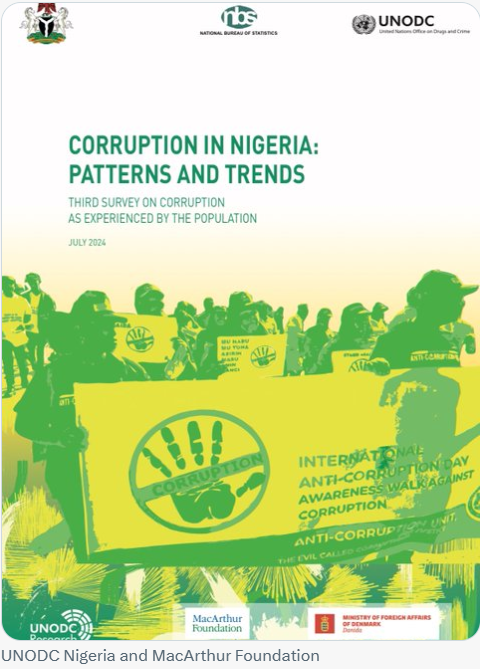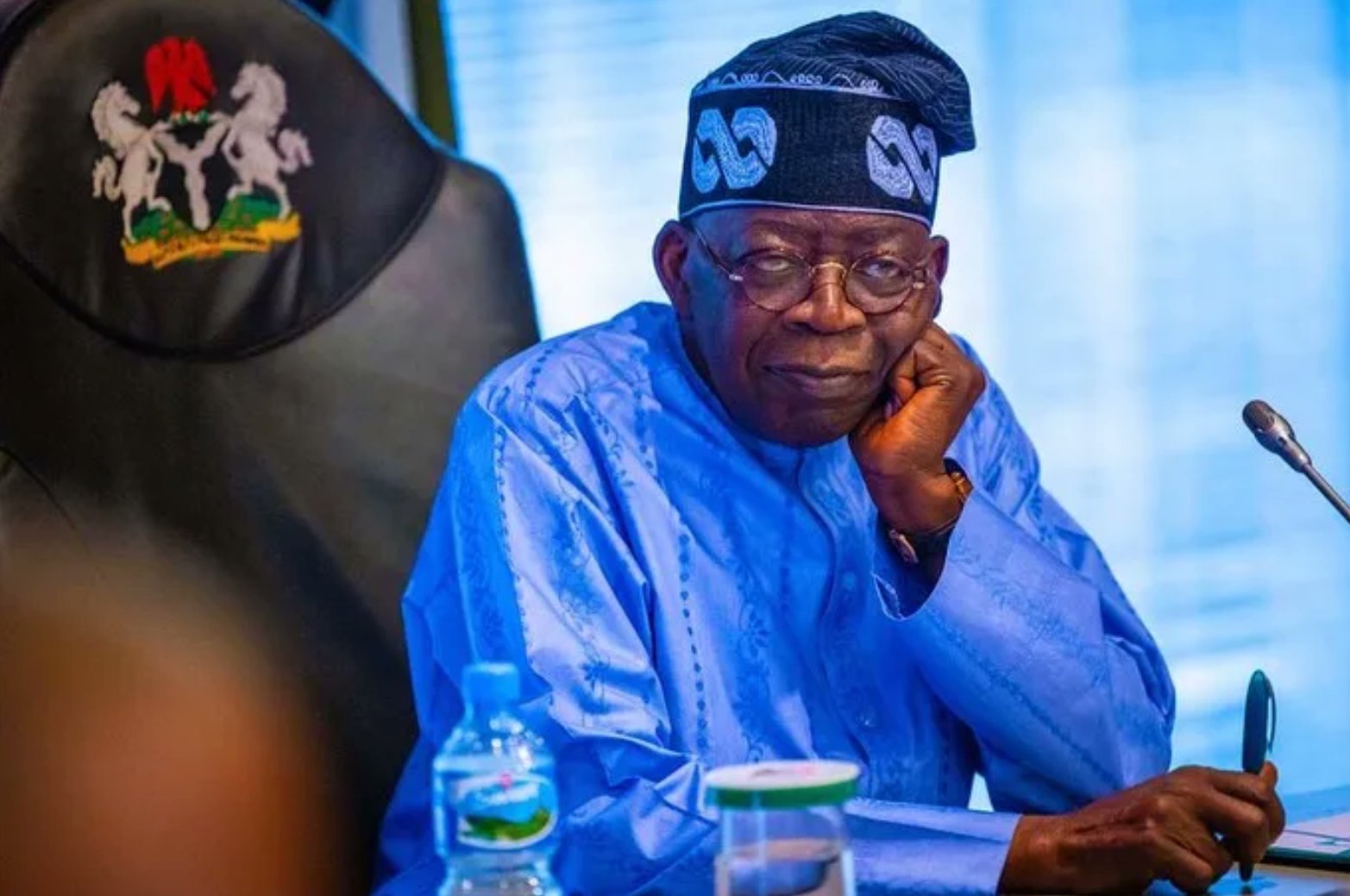By Joke Kujenya
IN 2023, 56% of Nigerians reported contact with a public official in the past year, a decrease from 63% in 2019 as revealed in the National Bureau of Statistics (NBS) latest survey.
This decline occurred across all regions except the North-West, where contact rates remained stable at 60%. The South-South zone saw the most significant drop, with only 50% of residents reporting contact with public officials.
The NBS survey highlighted the types of public officials Nigerians most frequently encountered.
Health care professionals led the list at 30%, followed by public utilities officers at 24%, and police officers at 20%.
There were notable declines in contact rates for most types of public officials between 2019 and 2023.
Police officers and public utilities officers experienced the largest drops, with decreases of 10 and 7 percentage points, respectively.
Health care professionals saw a slight decline of just over 1 percentage point.
In 2023, 27% of Nigerians who interacted with a public official reported paying a bribe, down from 29% in 2019 and 31% in 2016.
Including instances where bribes were requested but refused, the overall bribery prevalence was 34% in 2023.
The survey revealed significant variations in bribery rates among different types of public officials.
Prosecutors had the highest bribery rates, followed closely by police officers and public utilities officers.
Specific bribery rates were:
- Public utilities officers: 31%
- Police officers: 30%
- Health professionals (doctors, nurses, midwives): 24%
Efforts to combat corruption continue, as the survey results provide critical insights into the effectiveness of anti-corruption measures.
These findings are essential for developing more targeted policies to reduce corruption and enhance the lives of Nigerians.
Collaboration with government agencies, law enforcement, and civil society organizations has been instrumental in this fight.
The survey aims to empower citizens to demand greater accountability and transparency from public officials.
The survey also explored the socio-demographic dimensions of corruption, highlighting how different population groups experience and engage with corruption.
This information is crucial for understanding the broader impact of corruption and for creating inclusive policies that address these disparities.
Policy recommendations from the survey emphasize the need for improved transparency, stronger accountability mechanisms, and increased public awareness about the harmful effects of corruption.
Targeted interventions are necessary to address areas and types of public officials where bribery is most prevalent.
The 2023 corruption survey offers a comprehensive overview of corruption in Nigeria, showcasing progress and areas needing further attention.
Understanding bribery and corruption patterns will help policymakers and stakeholders develop strategies to combat these issues and promote good governance in Nigeria.
At JKNewsMedia, our dedication to delivering reliable news and insightful information to our cherished readers remains unwavering. Every day, we strive to provide you with top-notch content that informs and enlightens. By donating to JKNewsMedia, you directly contribute to our mission of delivering quality journalism that empowers and informs. Your support fuels our commitment to bringing you the latest updates and in-depth analysis. Let's continue to uphold the highest standards of journalism and serve our community with integrity and dedication. Thank you for being a part of the JKNewsMedia family and for your ongoing support.





